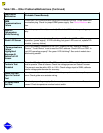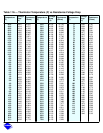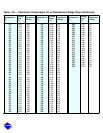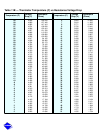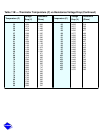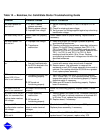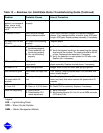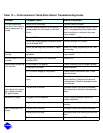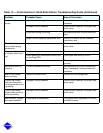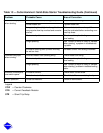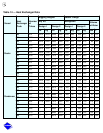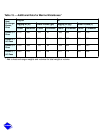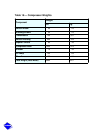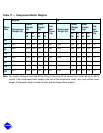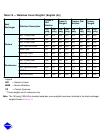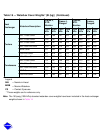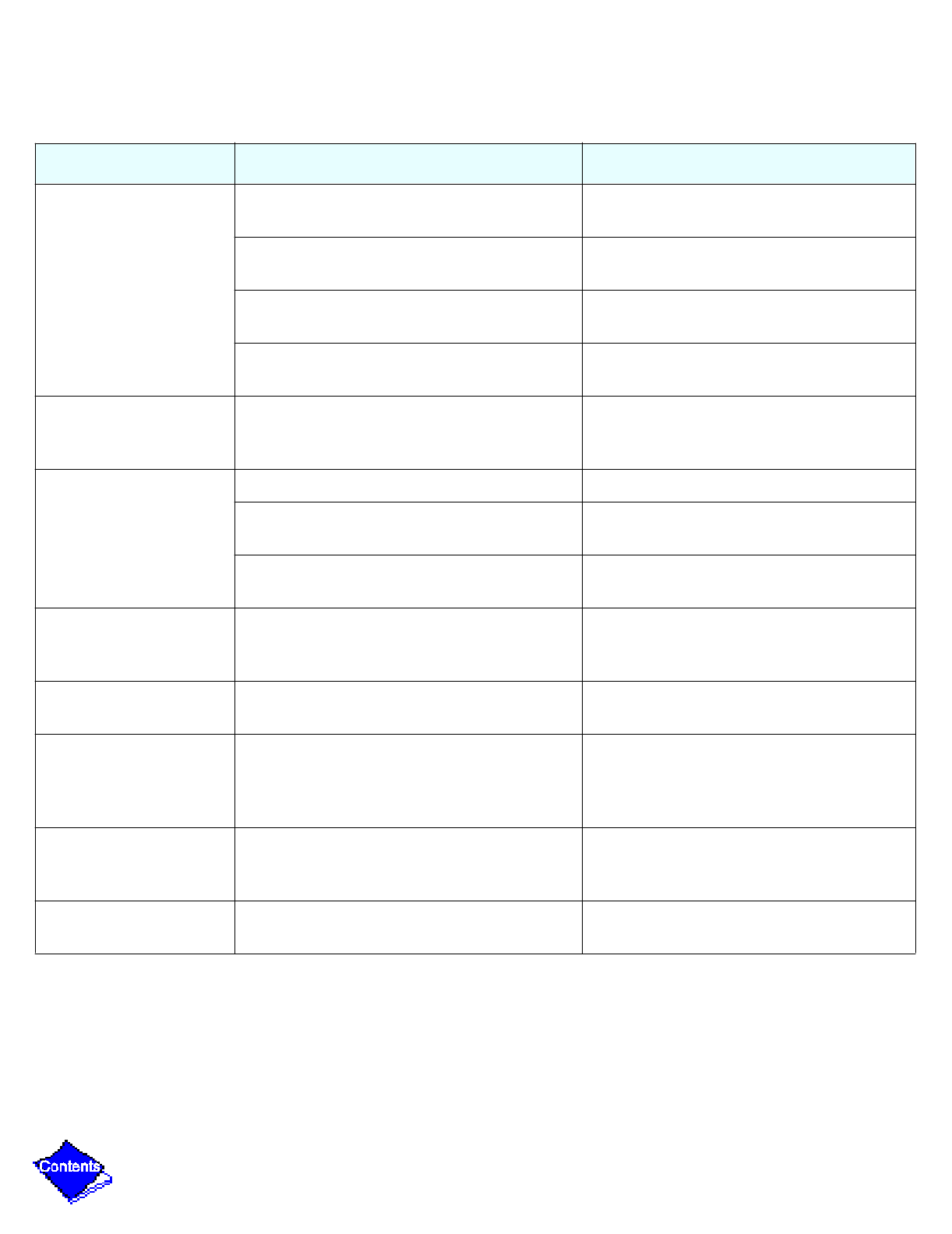
Motor accelerates too
quickly.
Current limit is too high. Decrease current limit setting counter-
clockwise.
Improper current feedback. Check current calibrator for proper resis-
tance value.
Pulse start setting is too long. Decrease pulse start time counterclock-
wise.
Broken current feedback transformer wire. Check for a broken current feedback
transformer wire.
Current limit adjustment
has no effect during
acceleration.
Improper current feedback. Check current calibrator for proper resis-
tance value.
Starter or motor is noisy
or vibrates when start-
ing.
Single phasing due to open phase. Check wiring and overload heater coils.
Single phasing or unbalanced current due
to non-firing SCR.
Check gate lead wiring to SCRs.
Defective motor. Check motor for shorts, opens, and
grounds.
Mechanical shock to
machine.
Current increases too quickly. Decrease starting current counterclock-
wise. If necessary, increase ramp time
clockwise.
End of limit contact
does not close.
Starter is in current limit. Perform SCR full voltage test.
Current trip contact
does not close when
current goes above the
trip setting.
Improper current feedback. Check current calibrator for proper resis-
tance value.
Current trip contact
closes when current is
below trip setting.
Improper current feedback. Check current calibrator for proper resis-
tance value.
Motor current, voltage,
and speed oscillate.
Power saver is misadjusted. Turn power saver adjustment CCW until
oscillations cease.
Table 13 — Cutler-Hammer Solid-State Starter Troubleshooting Guide (Continued)
Problem Probable Cause Area of Correction



